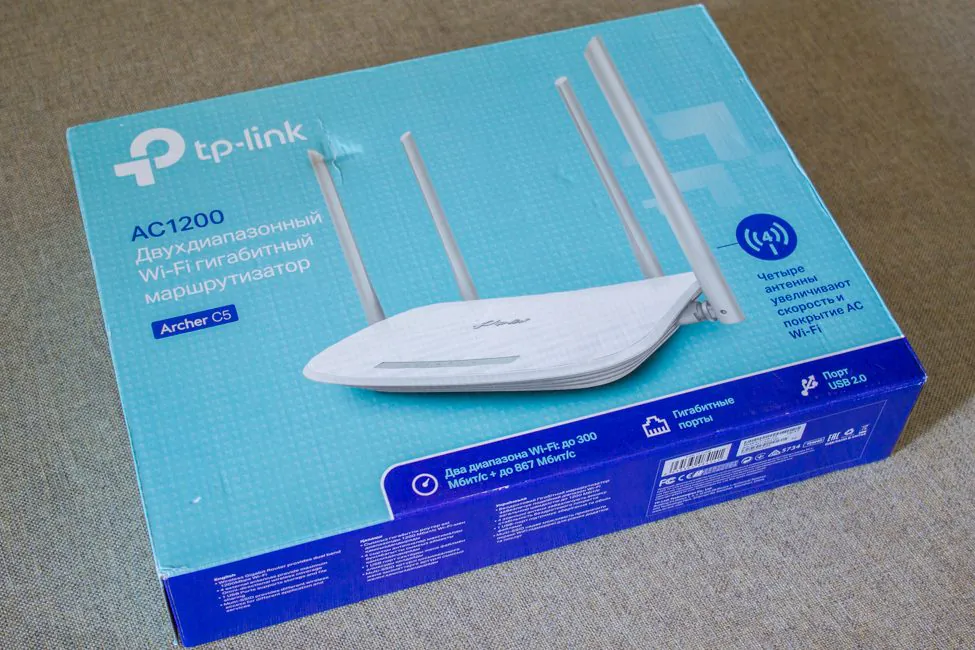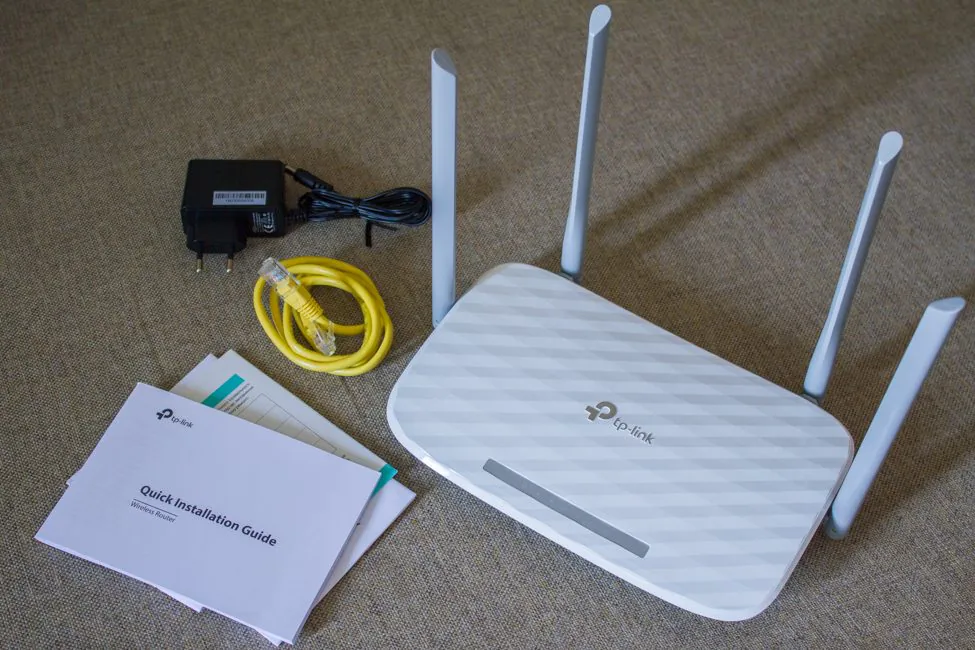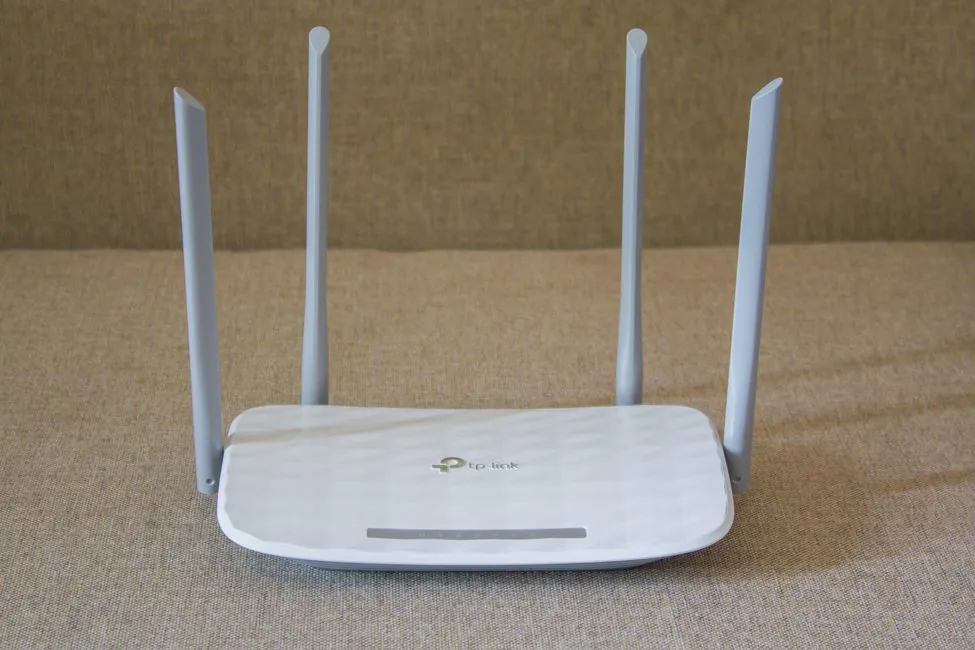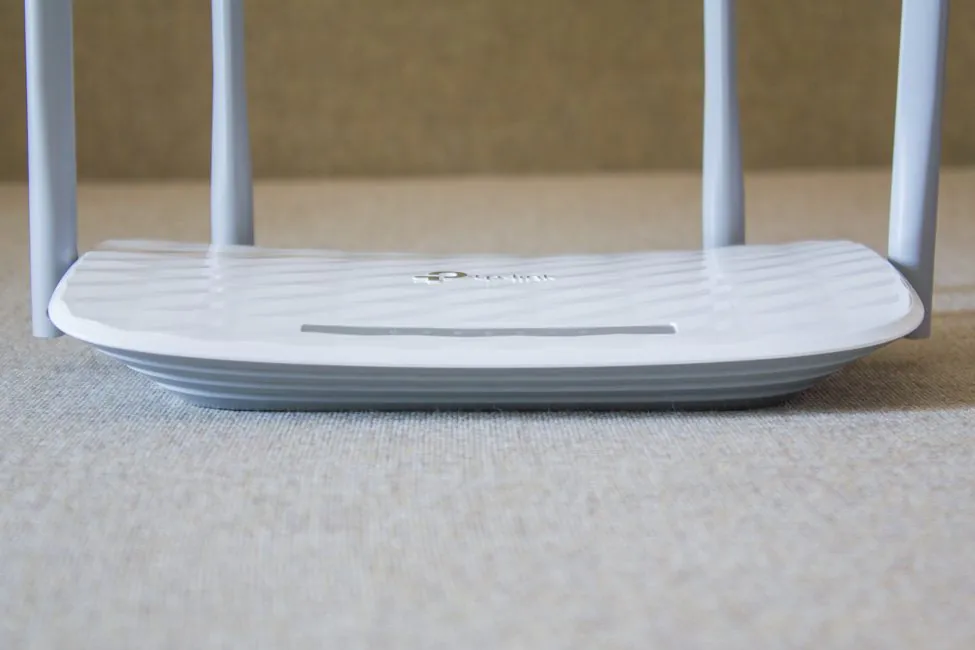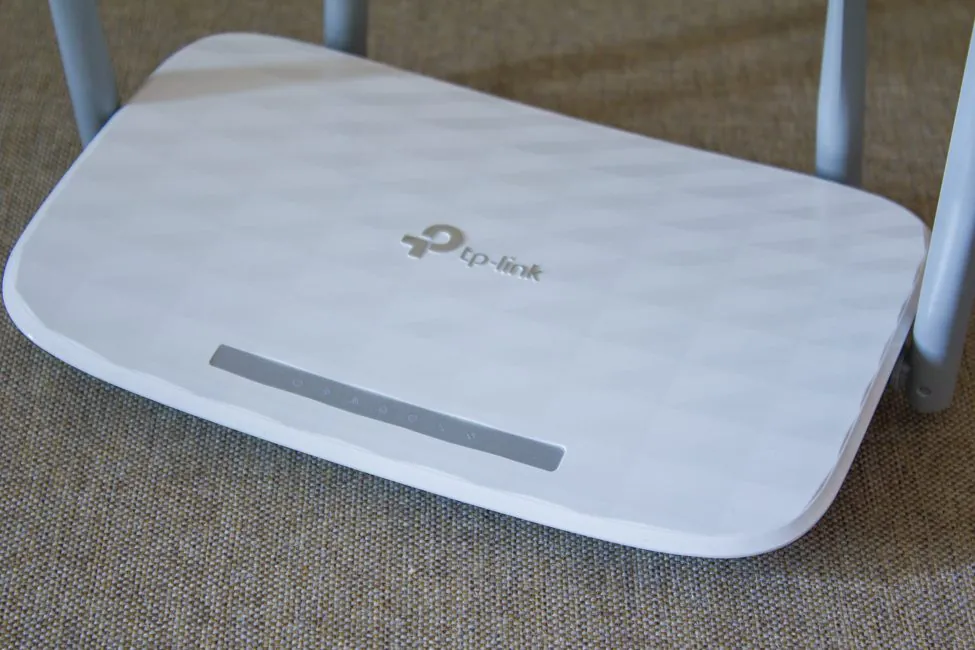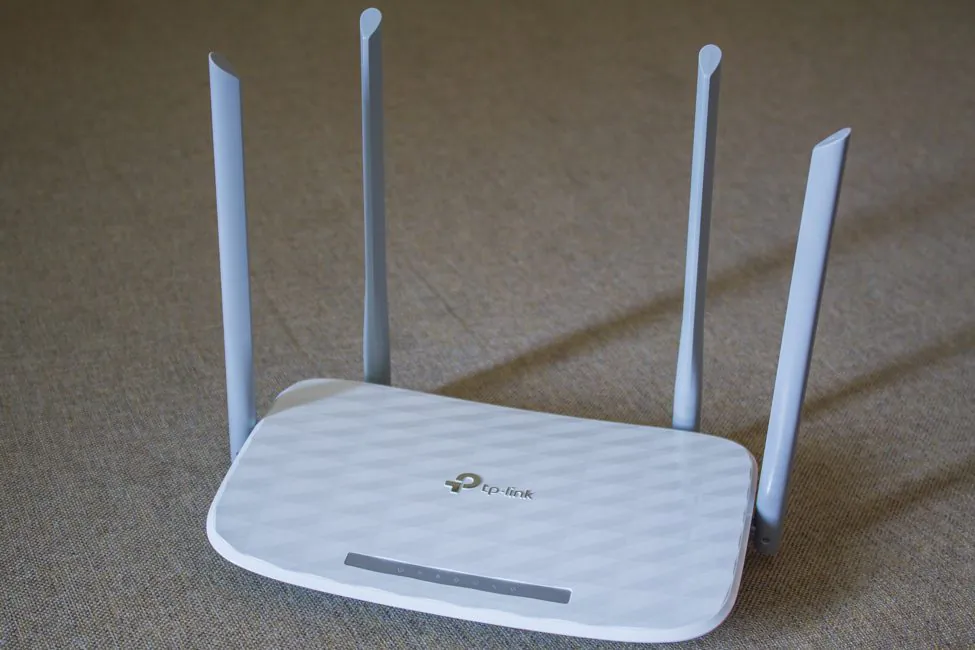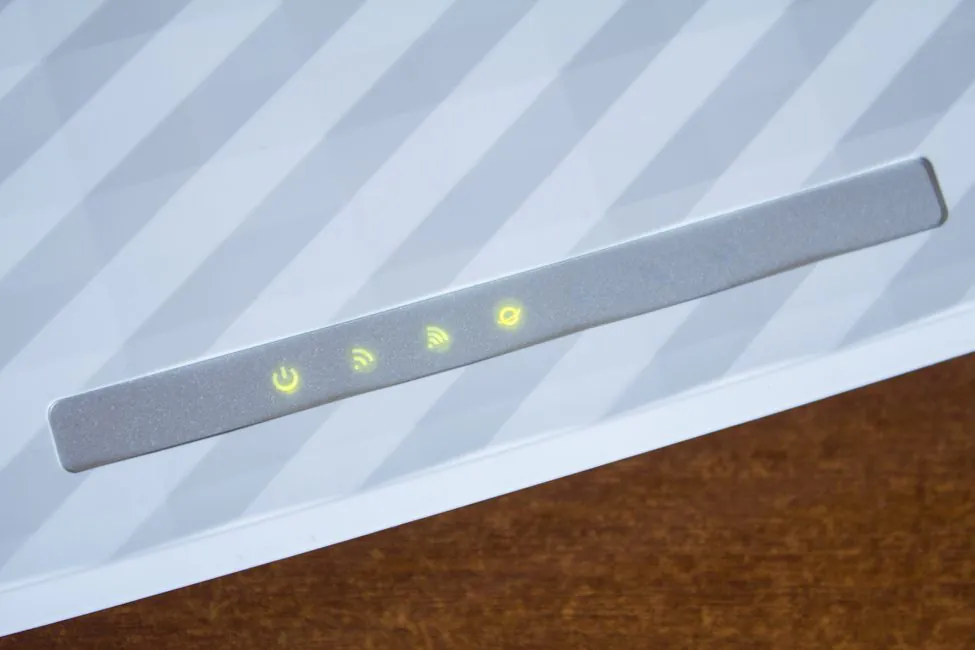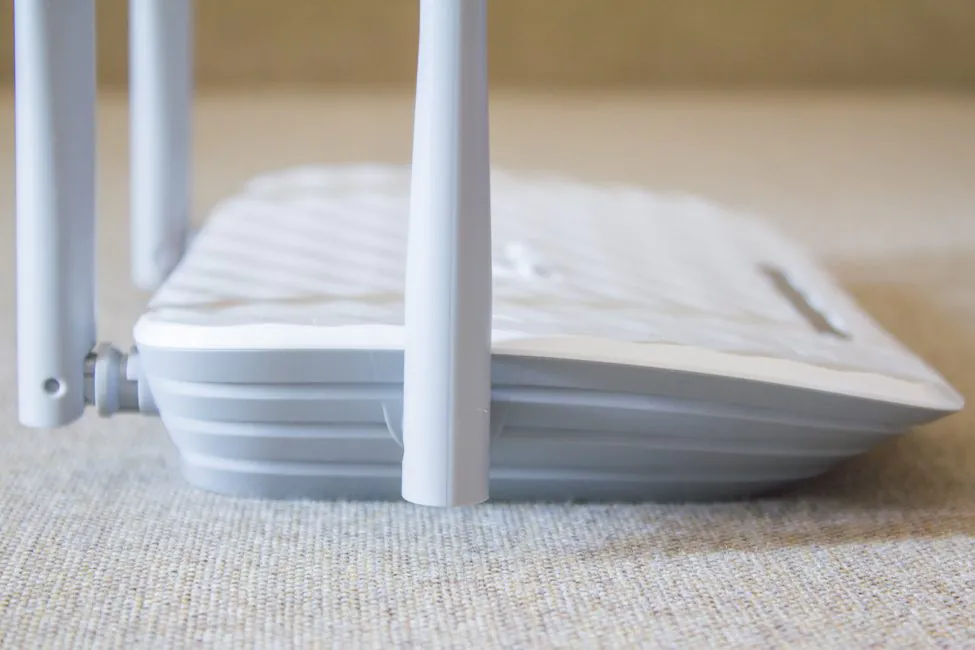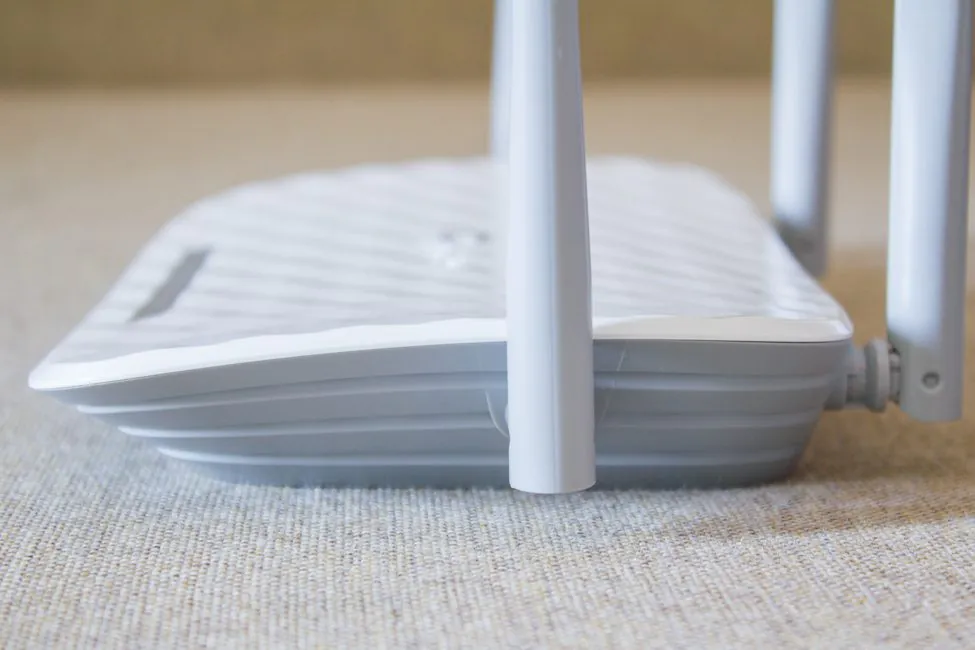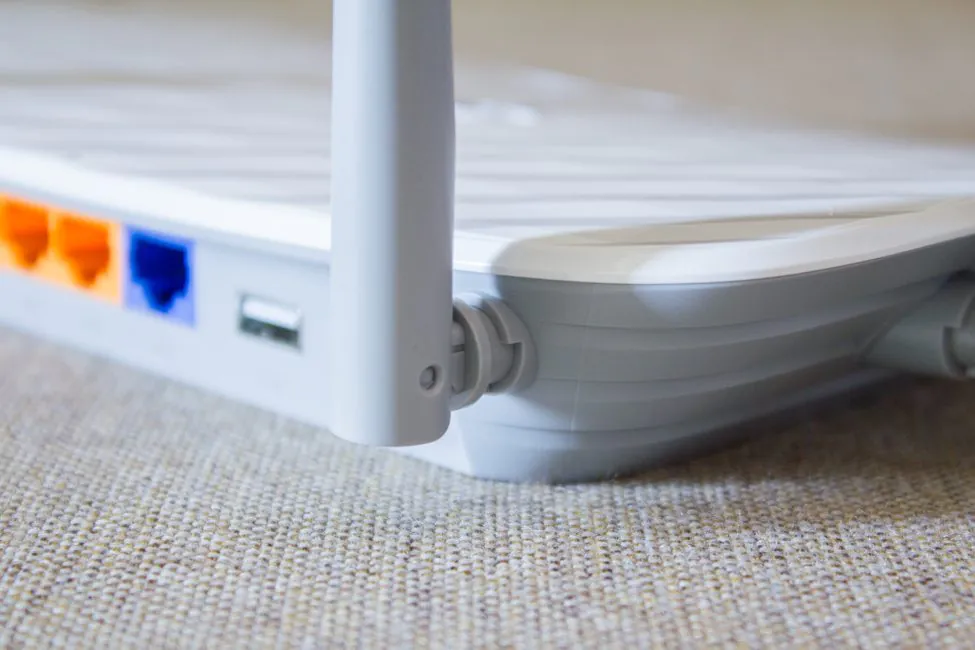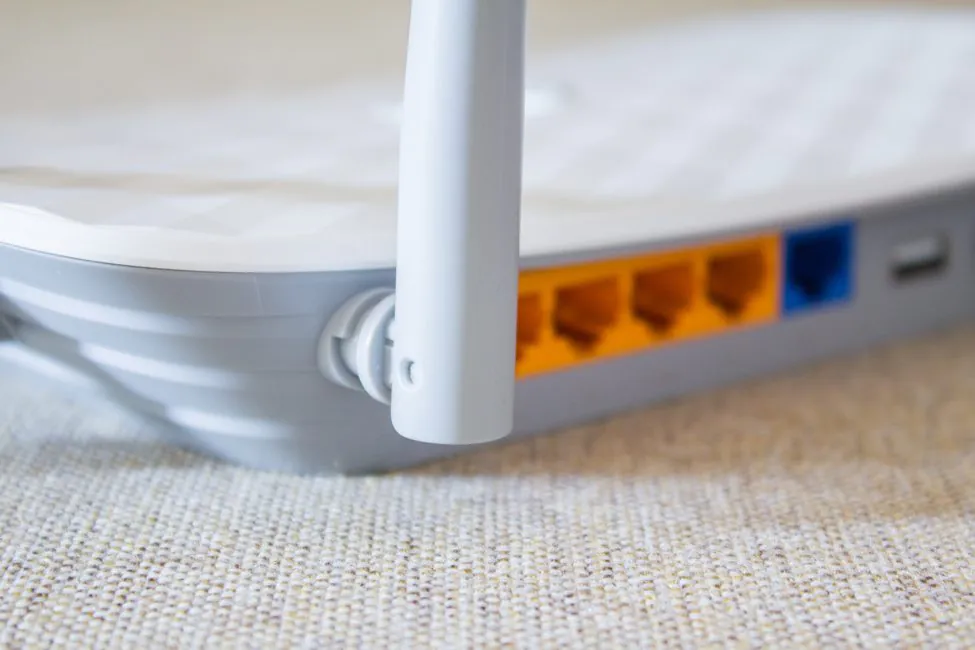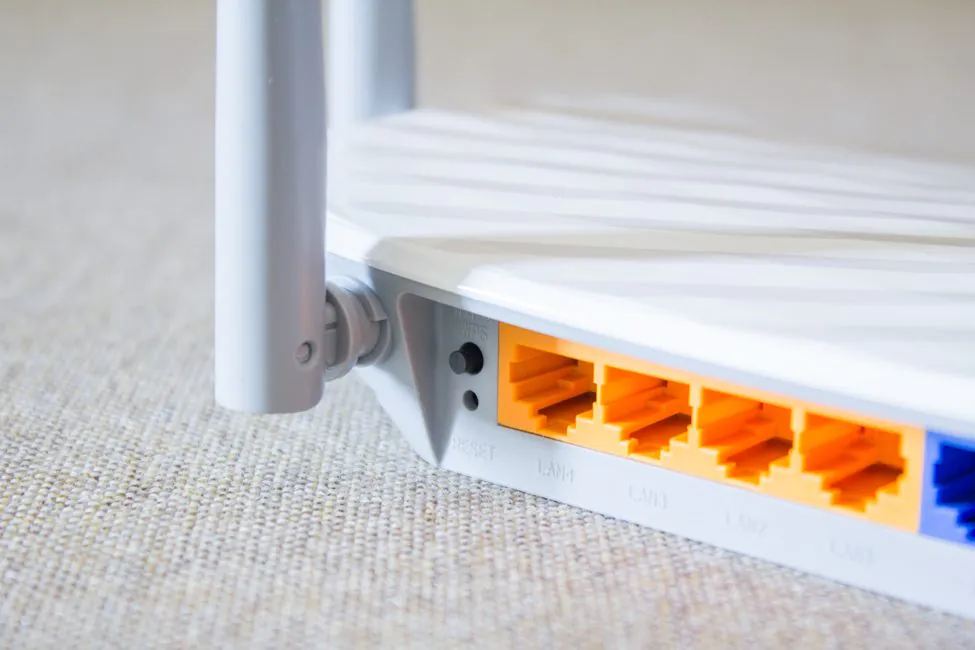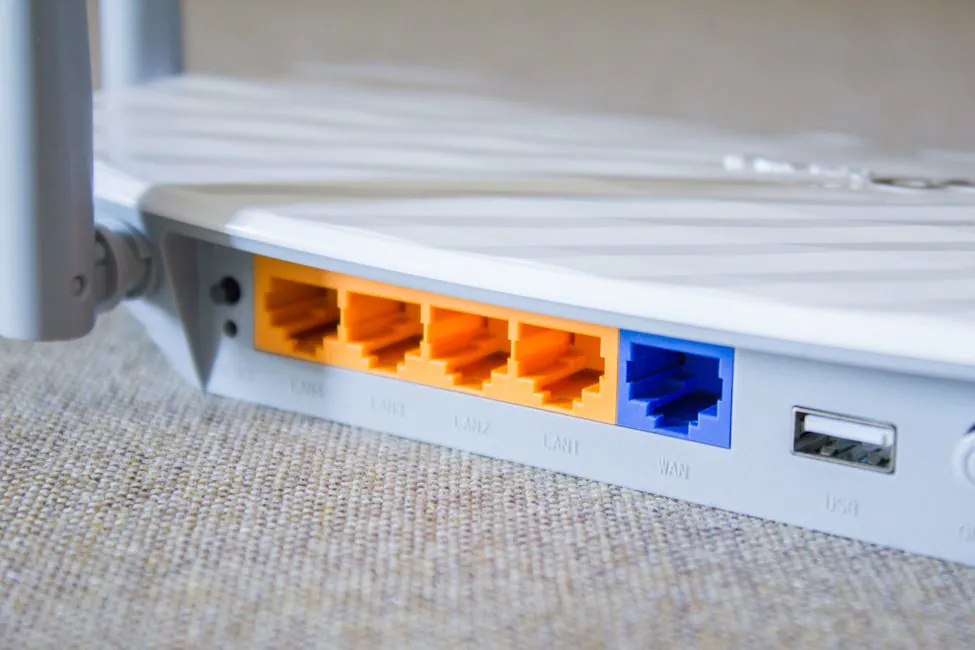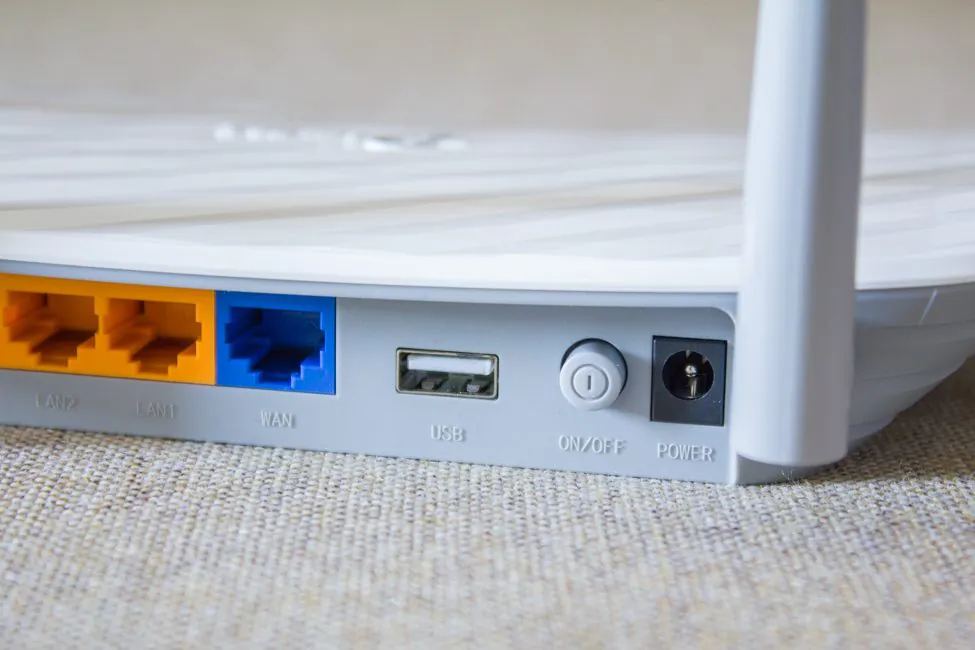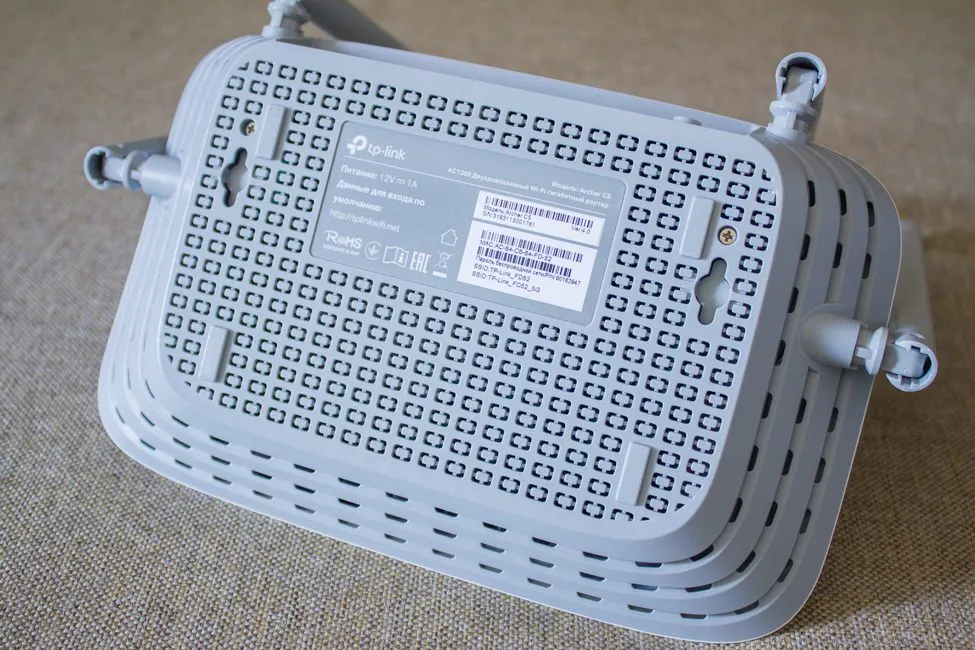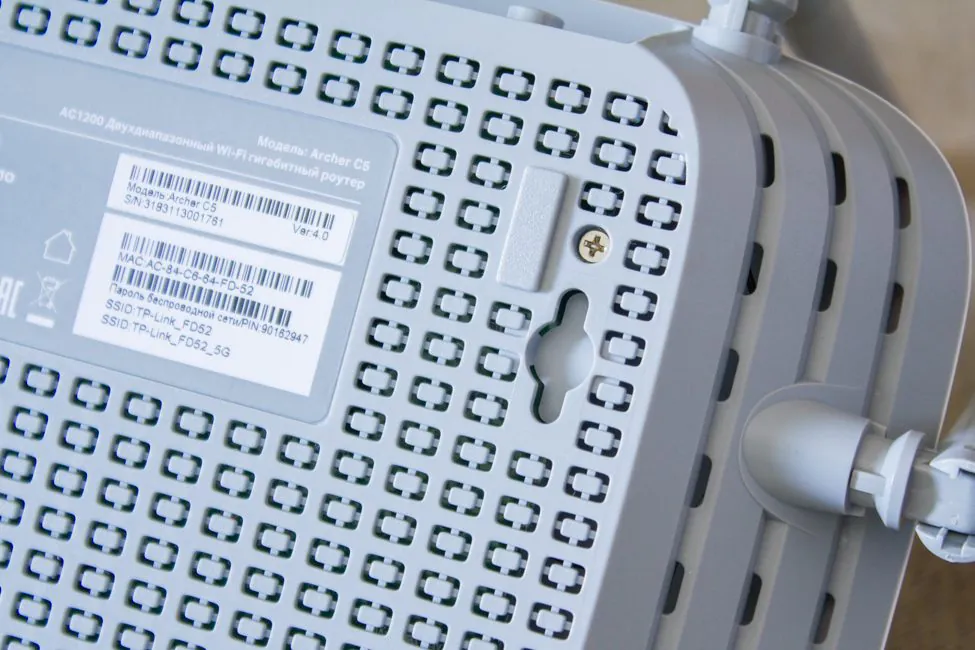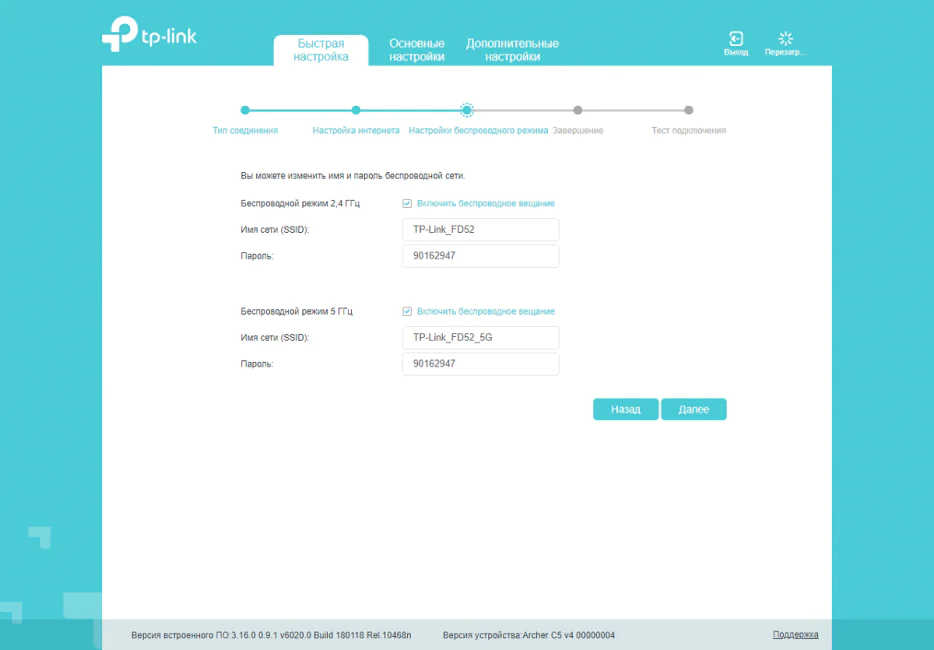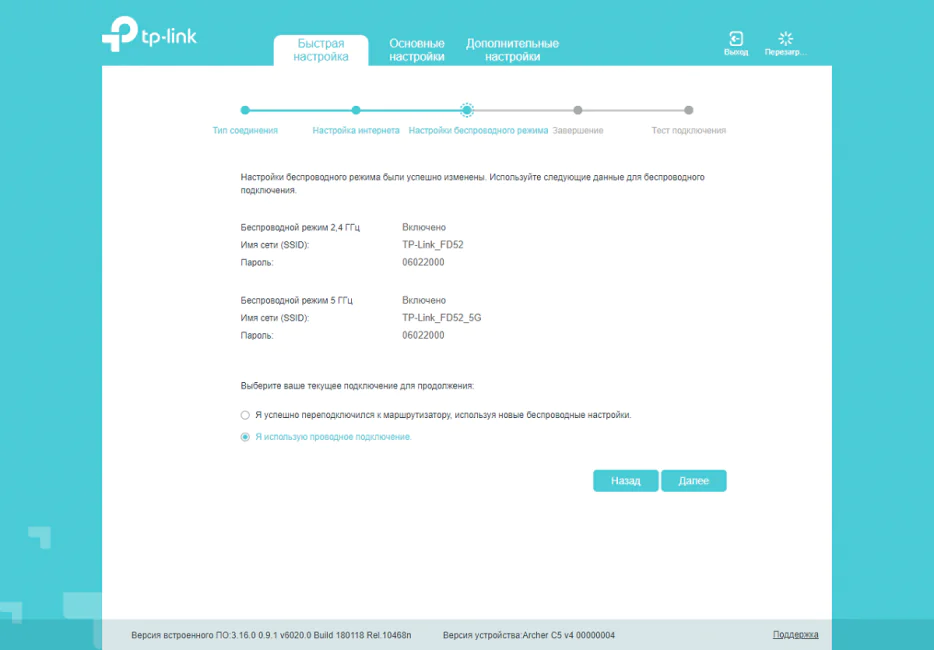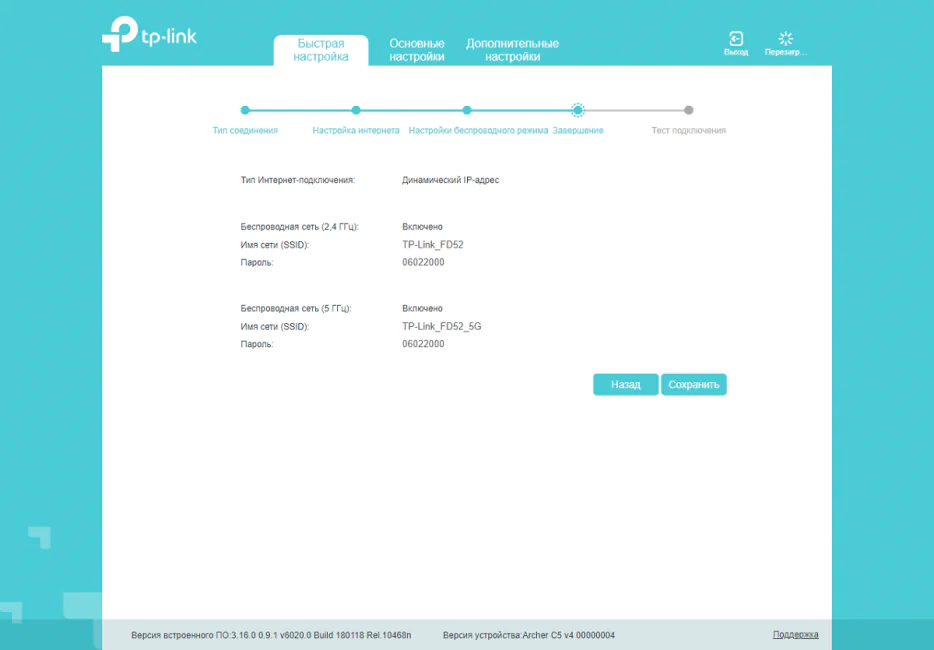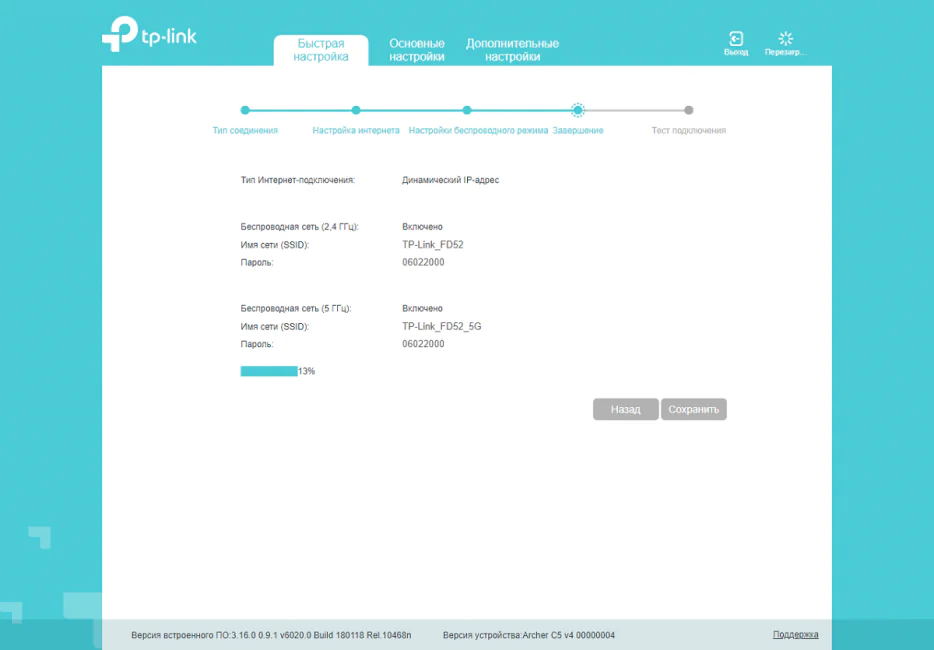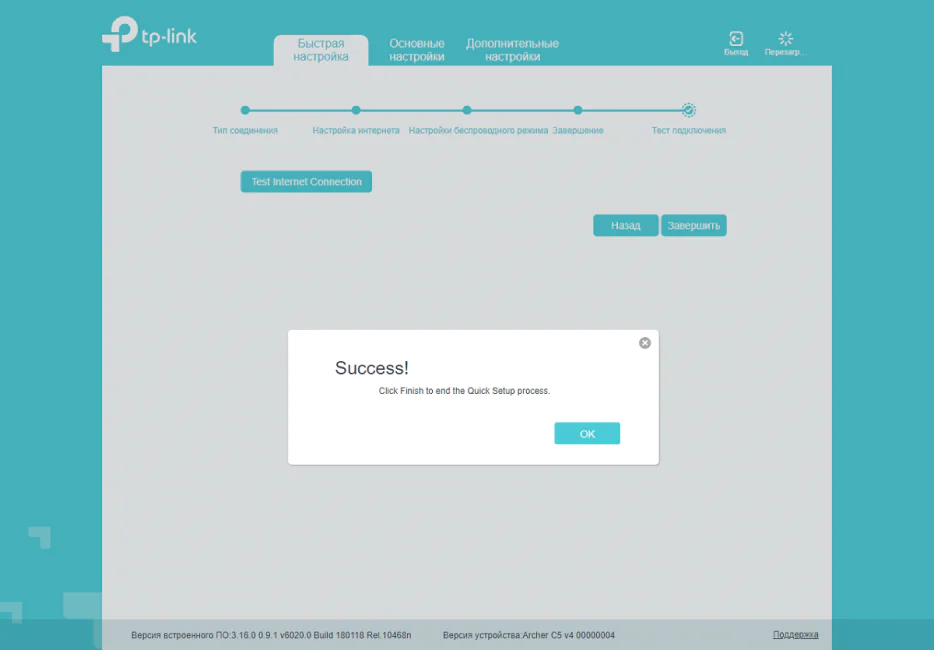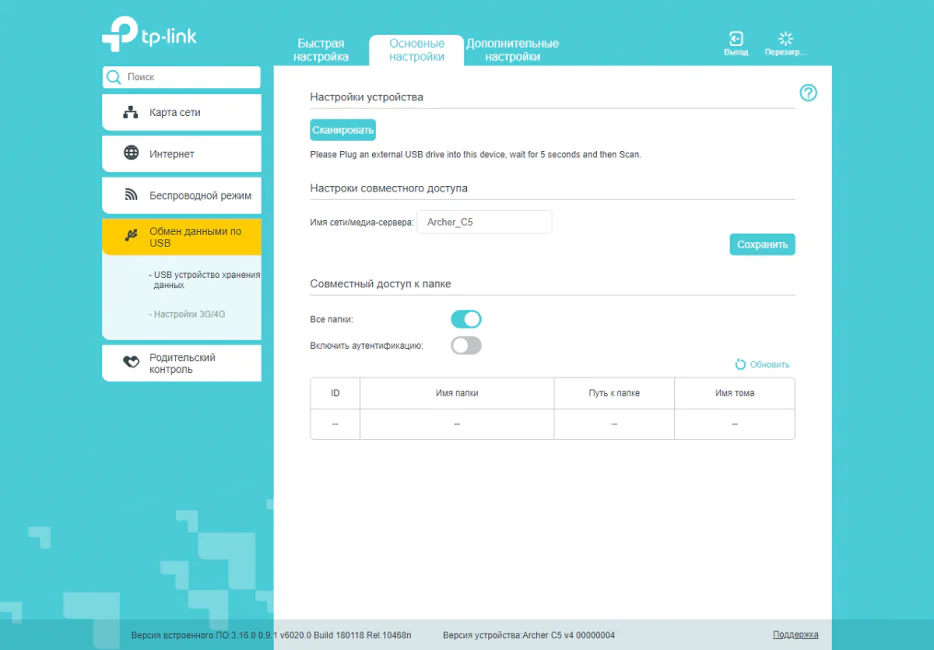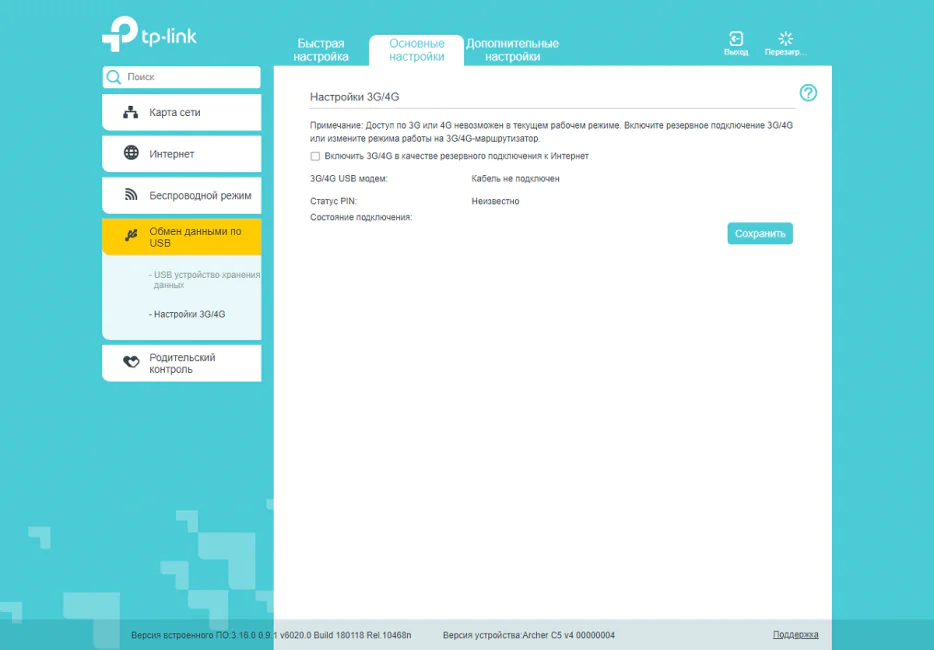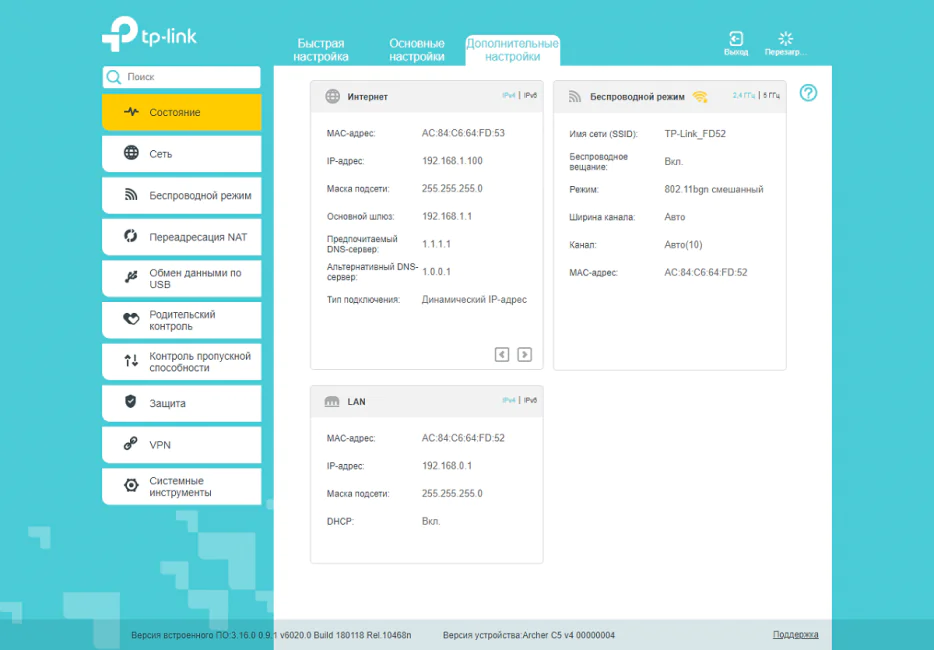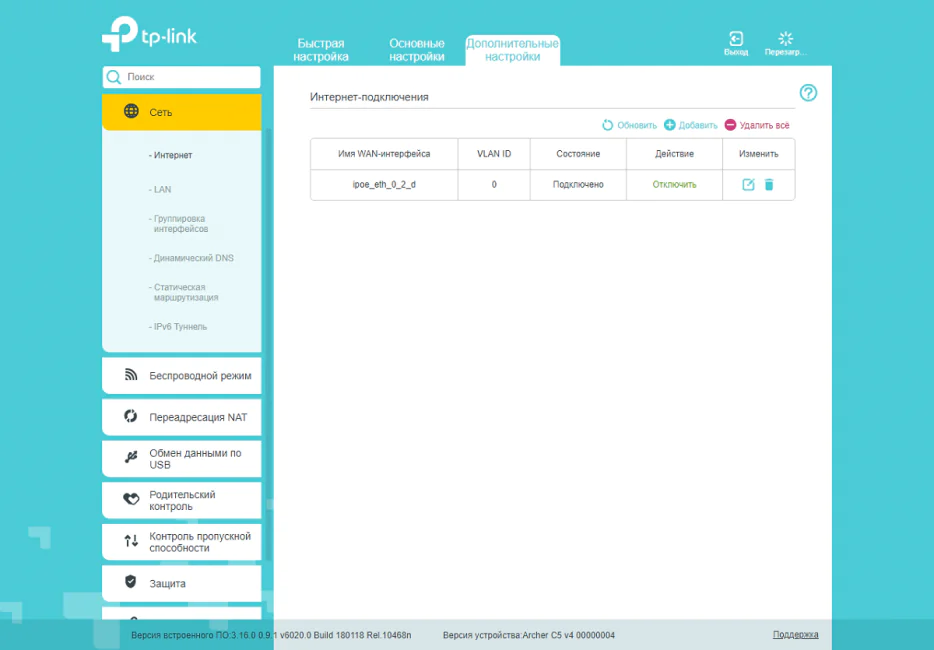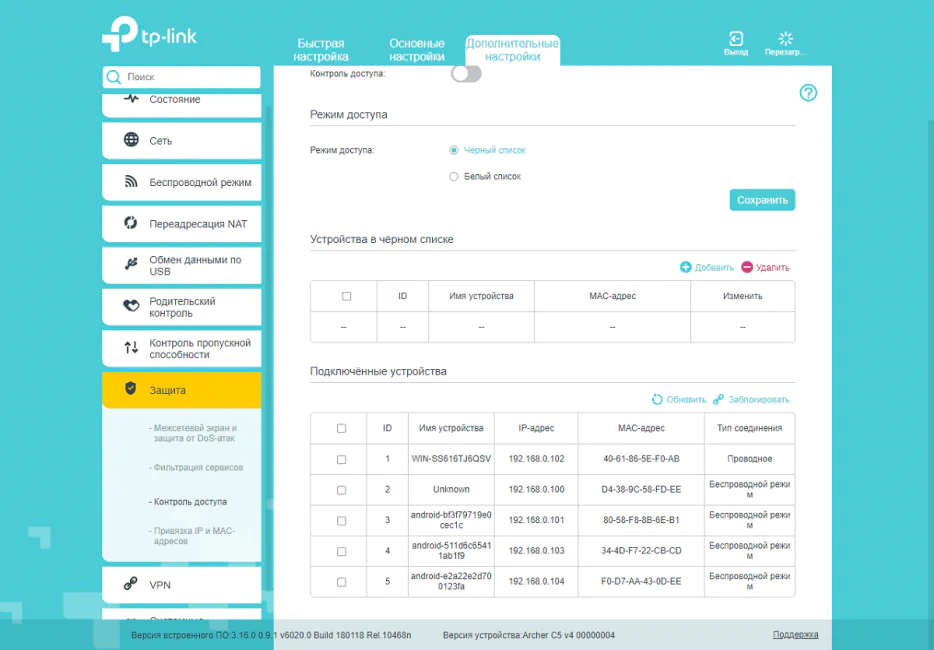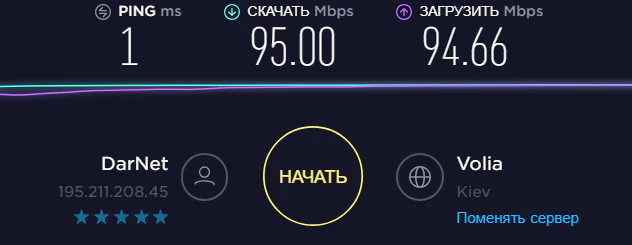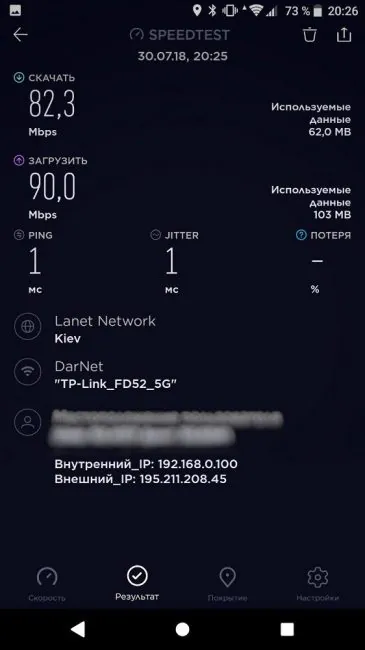© ROOT-NATION.com - Use of content is permitted with a backlink.
TP-Link Archer C5 v4 is a new inexpensive gigabit dual-band router of the fourth hardware revision. Let’s find out is it any good, and what features warrant our attention.
TP-Link Archer C5 v4 technical specifications
|
HARDWARE CHARACTERISTICS |
|
| Interface | 4 LAN ports 10/100/1000 Мбит/с
1 LAN ports 10/100/1000 Мбит/с 1 port USB 2.0 |
| Power supply | 12V / 1А |
| Dimensions | 230 × 144 × 37 мм |
| Antenna type | 4 fixed antennas |
|
WIRELESS MODULE PARAMETERS |
|
| Standards of wireless networks | IEEE 802.11n/g/b 2,4 GHz
IEEE 802.11ac/n/a 5 GHz |
| Frequency range (reception and transmission) | 2.4 GHz and 5 GHz |
| Transmission speed | 2.4 GHz: Up to 300 Mbps
5 GHz: Up to 867 Mbps |
| Sensitivity (reception) | 5 GHz:
11a 54 Mbps: -73 dBm 11ac VHT20 MCS8: -66 dBm 11ac VHT40 MCS9: -61 dBm 11ac VHT80 MCS9: -58 dBm 2.4 GHz: 11g 54 Mbps: -75 dBm; 11n HT20 MCS7: -73 dBm; 11n HT40 MCS7: -70 dBm |
| EIRP (Wireless signal power) | <20 dBm or <100 mW |
| Wireless functions | Turn on/off wireless broadcast, WDS bridge, WMM, wireless connection statistics |
| Wireless Security | WPA/WPA2 and WPA-PSK/WPA2-PSK Authentication and TKIP/AES Encryption
64/128-bitEncryption; WEP and ACL (Access Control List) wireless LAN |
|
SOFTWARE CHARACTERISTICS |
|
| QoS (data prioritization) | WMM, bandwidth control |
| WAN Connection Type | Dynamic IP / Static IP / PPPoE / PPTP / L2TP |
| Control | Access control, Local control, Remote control |
| DHCP | Server, Client, DHCP Client List,
address reservation |
| Port Forwarding | Virtual Server, Port Triggering, UPnP, DMZ |
| Dynamic DNS | DynDns, NO-IP |
| Access control | WMM,bandwidth control
Parental control, local control, list of nodes, scheduled access, rules management |
| Protocols | Support for IPv4 and IPv6 |
| IGMP | IGMP Support for IGMP Proxy, bridge mode and 802.1Q TAG VLAN for IPTV service |
|
OTHER |
|
| Package Contents | AC1200 Dual-band Wi-Fi Gigabit Router
Power adapter Quick Setup Guide RJ45 cable |
| System requirements | Microsoft Windows 10/8.1/8/7/Vista/XP/2000/NT/98SE, MAC OS, NetWare, UNIX and Linux |
| Environmental parameters | Environmental parameters Operating temperature: 0 ℃ – 40 ℃
Storage temperature: -40 ℃ – 70 ℃ Relative humidity during operation: 10% – 90%, without condensation Relative humidity during storage: 5% – 90%, without condensation |
| Certification | CE, FCC, RoHS |
The device page on the manufacturer’s website.
TP-Link Archer C5 v4 costs about $56, which is a good price for any similar dual-band router from a well-known manufacturer. And let’s not forget that all TP-Link products are covered by a 24-month warranty.
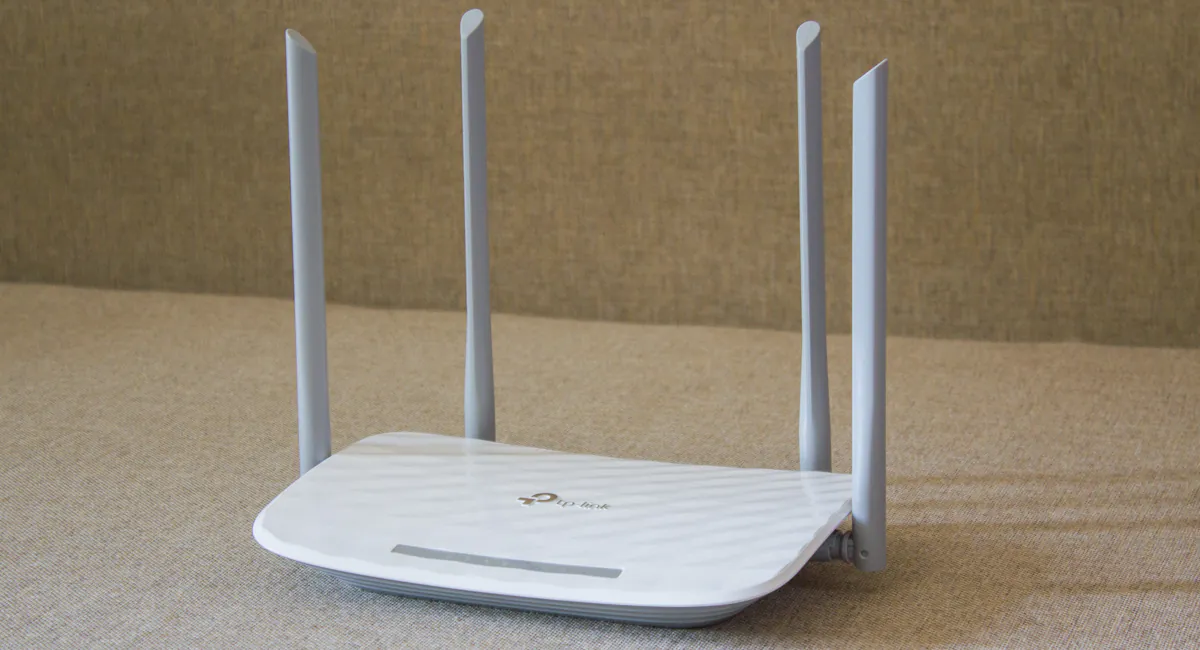
What’s in the box
The gadget comes in a medium-sized cardboard box with usual TP-Link design, and the package itself consists of a familiar set: a router, a power adapter (12V/1A), a network Ethernet cable and accompanying documentation.
Design and elements’ configuration
By the looks of it, this router is similar to some other models of the same manufacturer. The case is completely plastic, slightly curved with embossed glossy white top. Some other elements are light gray, for example: the lower part of the case, the antennas and the strip with the indicators on top.
It looks great and I had no desire to hide it behind something. Its dimensions are average, it is not as large as the flagship Archer C3150 v2, but noticeably bigger than the low-cost TL-WR841N.
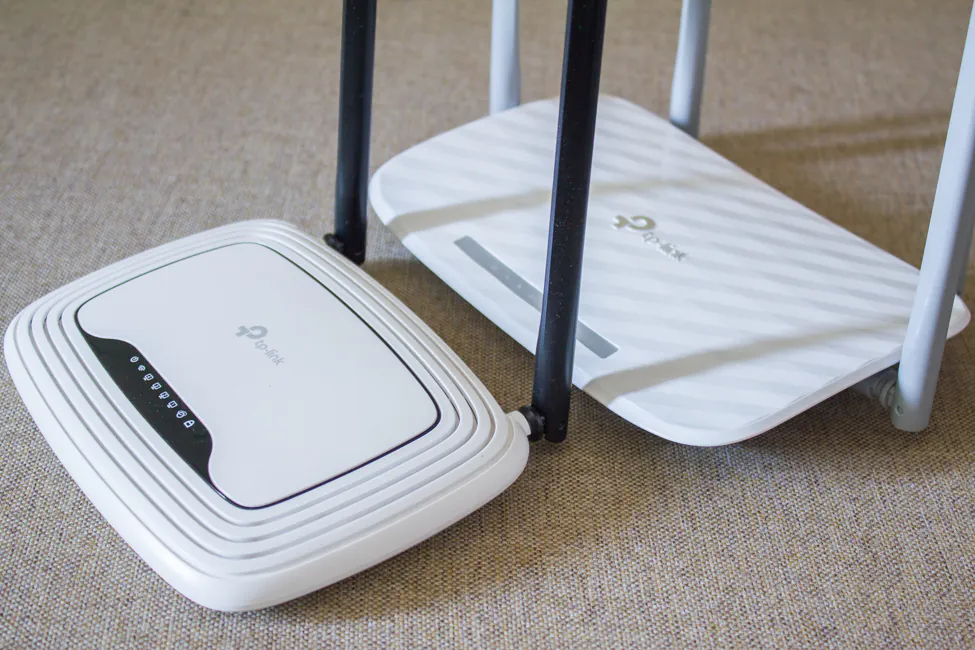
All elements are arranged in a standard way. On the top to the center is the silver logo of the manufacturer, and below it the bar with indicators that show the status of the device, the operation of 2.4 GHz and 5 GHz wireless connections, network status, connections to LAN ports and USB.
There are two antennas to both sides. Another two are located at the back.
At the back there is a Wi-Fi / WPS button, a hole with a reset button, four Gigabit LAN ports, a Gigabit WAN port, a USB 2.0 port, a router on/off button and a power connector.
The lower part of the router is dotted with ventilation holes. It also contains a sticker with information about this particular product; there are four legs and two holes so that the device can be attached to the wall.
Setting up and managing TP-Link Archer C5 v4
The process of configuring this router is simple – as always. You use the web interface. You can also try the proprietary TP-Link Tether application for mobile OS.
iOS:
Android:
At the time of writing, the application does not have its own customized interface for configuring TP-Link Archer C5 v4 and the user is offered a standard web version. But it seems to me that the support of this router will continue in future application updates. By the time you read it, the update may already be there.
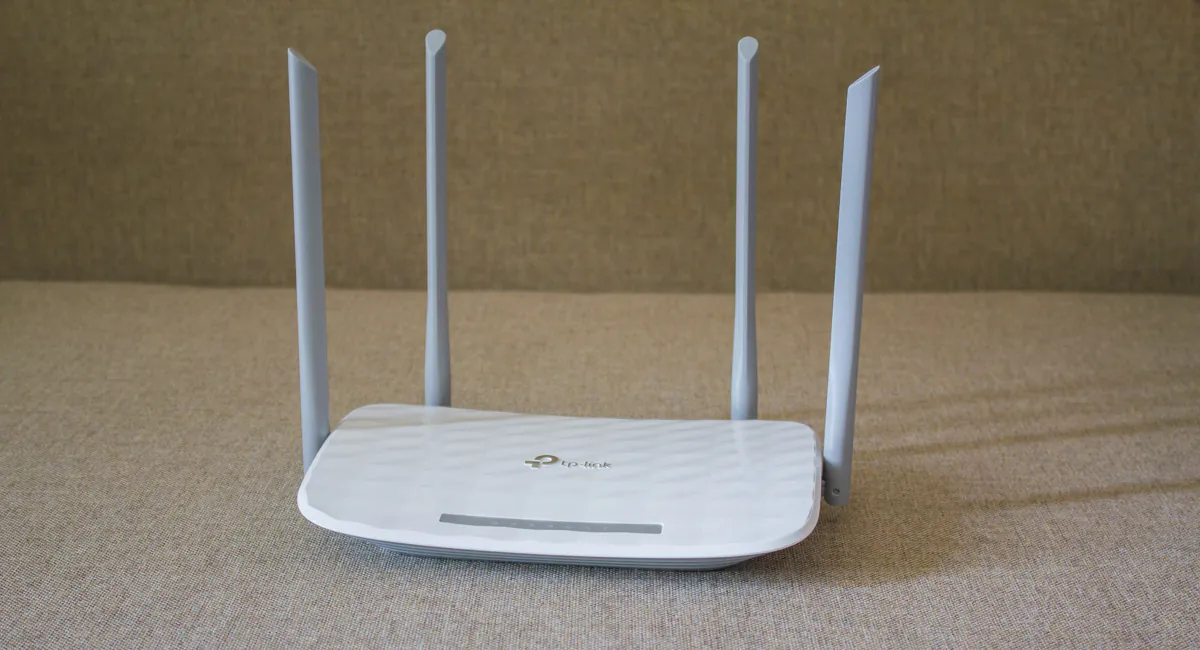
In the meantime, I’ll tell you how to configure the router through the control panel. First of all, it is necessary to connect the router to the computer using wired or wireless method. After go to the control panel by entering IP-address 192.168.0.1 into the address bar of your browser or by going to tplinkwifi.net.
As a result, there is a process of initial configuration, in which the first thing you need to come up with is a password for access to the Admin panel.
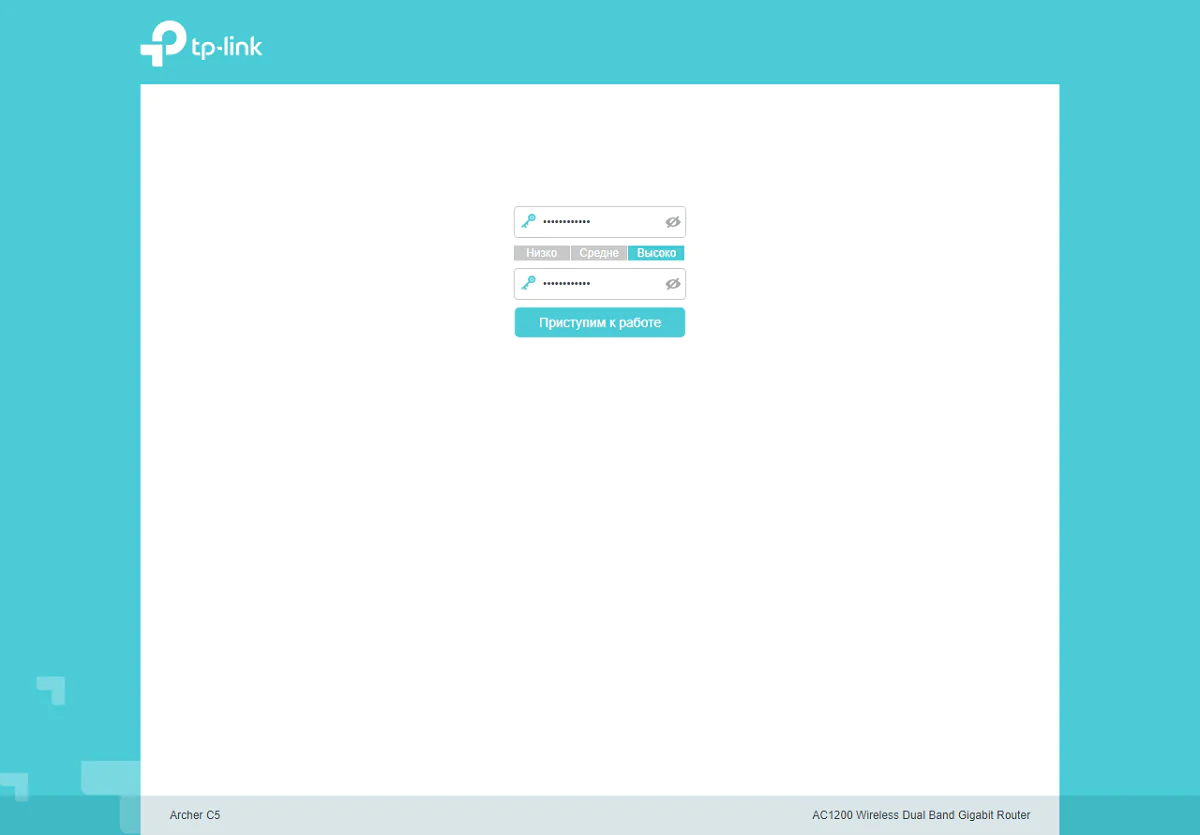
Then choose the type of your connection. Most often it’s a dynamic IP-address, but it depends on the ISP.
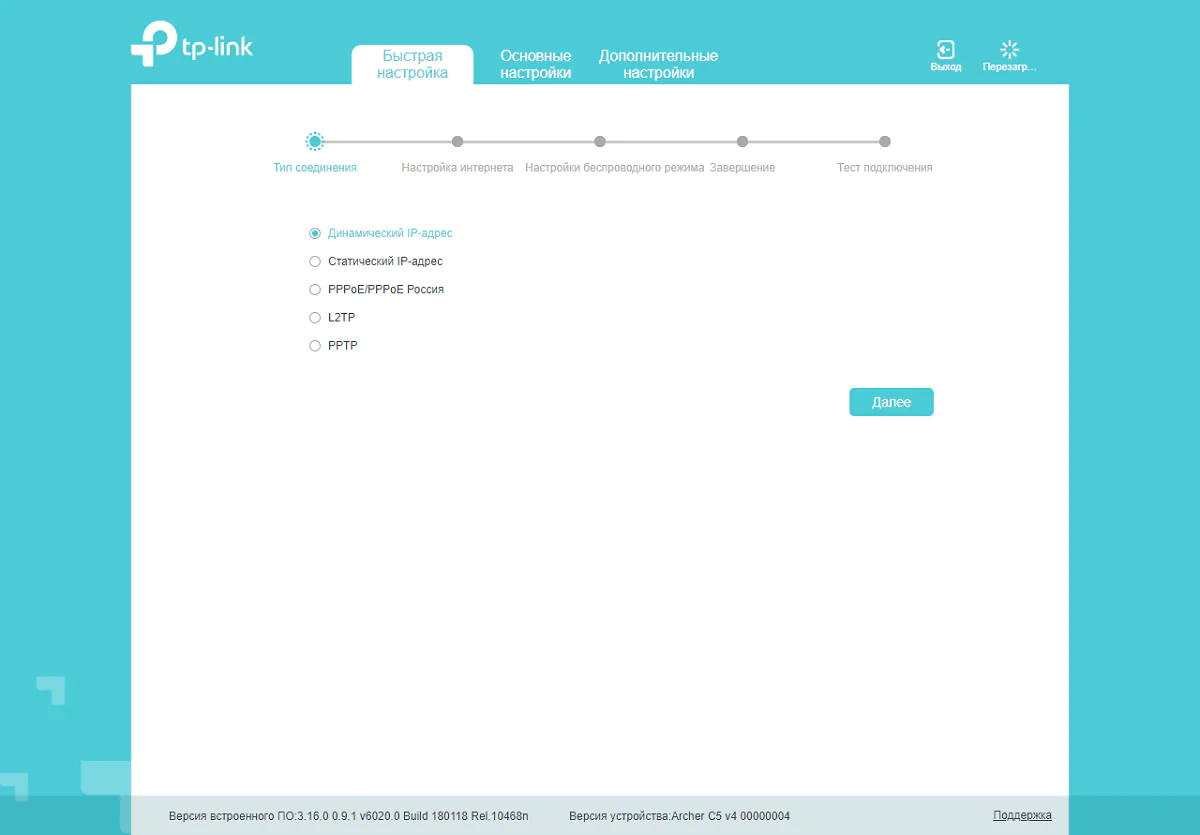
After that you can activate VLAN ID, but this is optional.
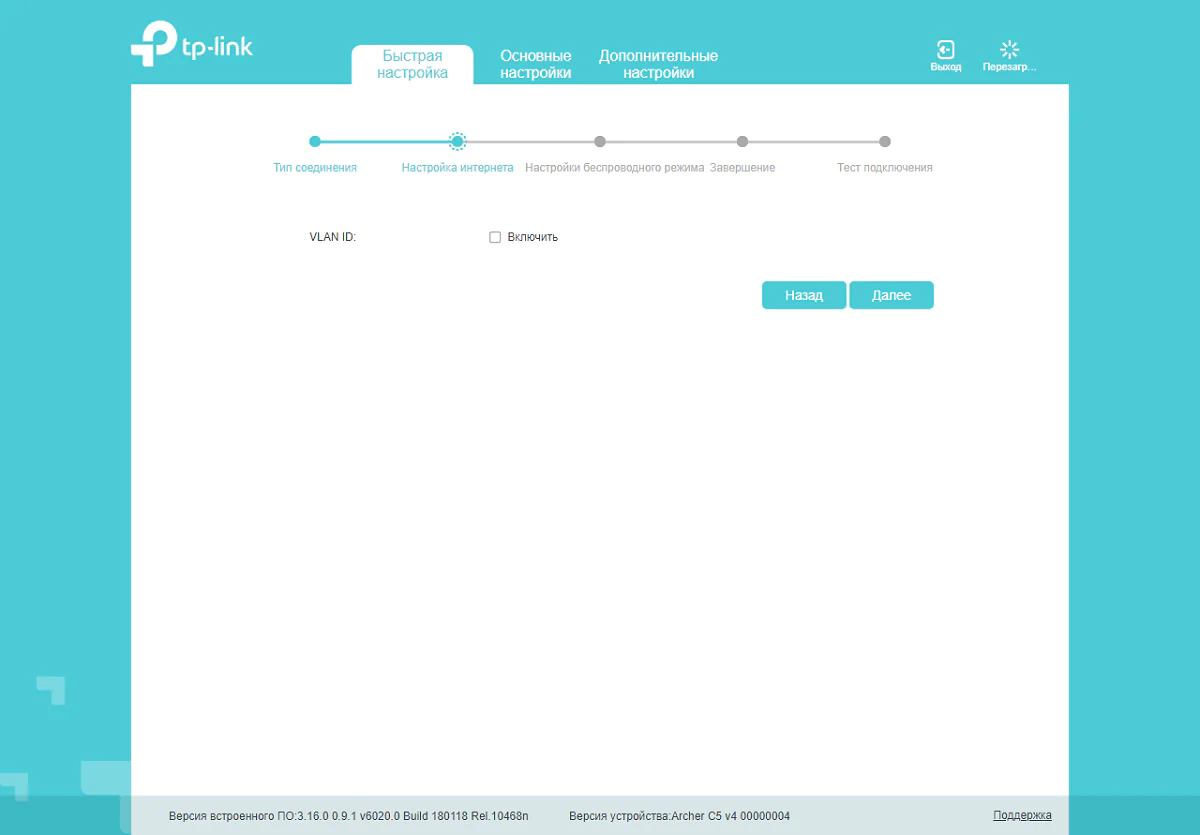
Next we configure the wireless network, and on the next tab you can check all its parameters. You also need to choose how the user is connected to the router.
At the end, we check and save the settings. If necessary, you can test the settings and make sure that everything works correctly.
After the configuration, we get to the control panel. At the top you can see three tabs: quick settings, basic settings and advanced settings.
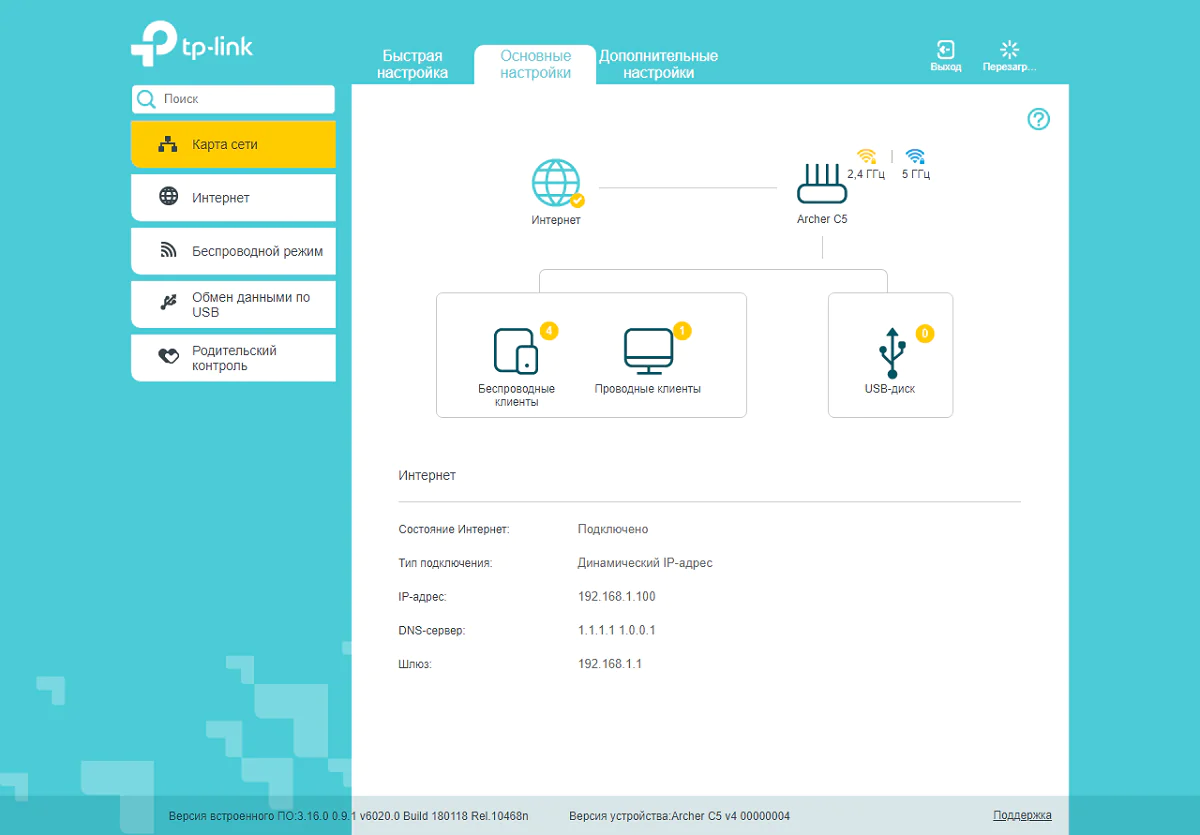
The tab with basic settings contains standard info and a few settings for the ordinary user. And in the advanced settings tab there are options for more knowledgeable users.
In the additional settings we have parental control and configuration of the VPN server inside your own network.
Equipment and user experience
All the ports in the TP-Link Archer C5 v4 are gigabit. So if the ISP provides a gigabit connection, then the speed will be appropriate. At 2.4 GHz, the router provides a maximum channel width of about 300 Mbit/s, and at a frequency of 5 GHz – 867 Mbit/s.
You can connect any drive to the USB port to make its contents available to all devices on the network, or use the shared printer as a network device. Moreover, the router will gladly accept 3G/4G modem through this same port.

I used TP-Link Archer C5 v4 as a home router for whole two weeks, and, after the initial setup, it worked continuously 24/7. I connected 3-4 devices to router on the Wi-Fi-network, and in two bands – 2.4 and 5 GHz. In addition, 2 devices were connected via LAN.
It worked flawlessly. Speed, quality of connection and range of the external antennas – everything was great.
Verdict
TP-Link Archer C5 v4 is an excellent choice for a home network. Router maintained stable Internet connection and none of the devices connected to him had any problems.
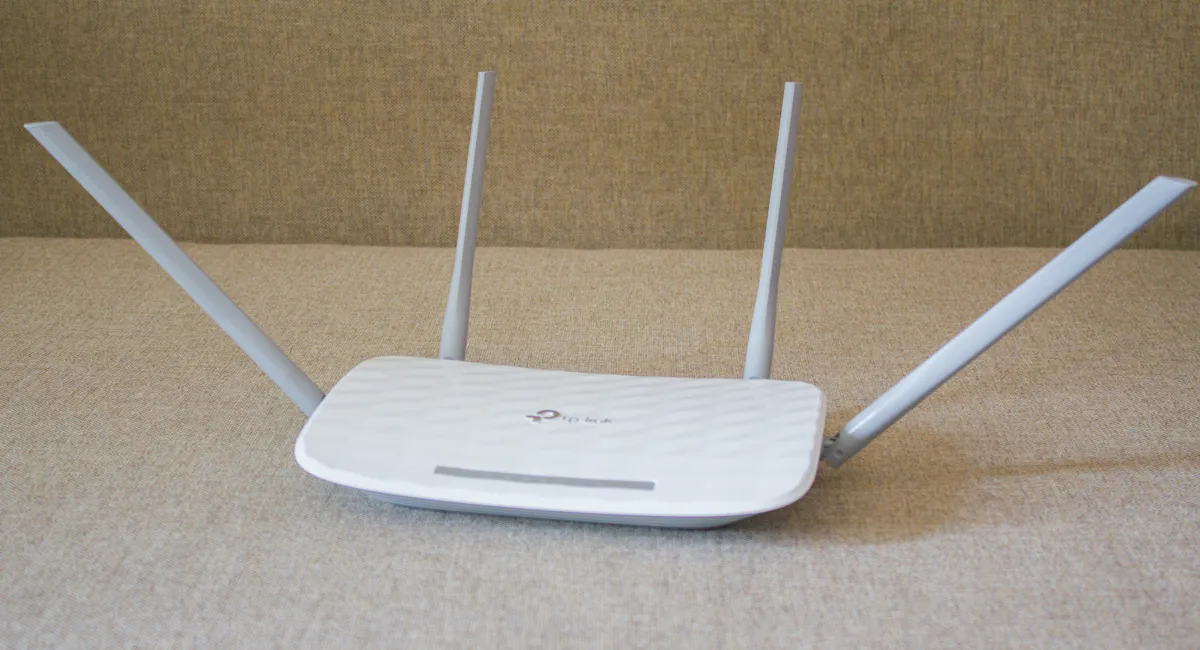
Functionality of also one of the pros, as well as the price and the design. TP-Link Archer C5 v4 is an uncompromising solution for those who are looking for a reliable gigabit dual-band router for a reasonable price.


